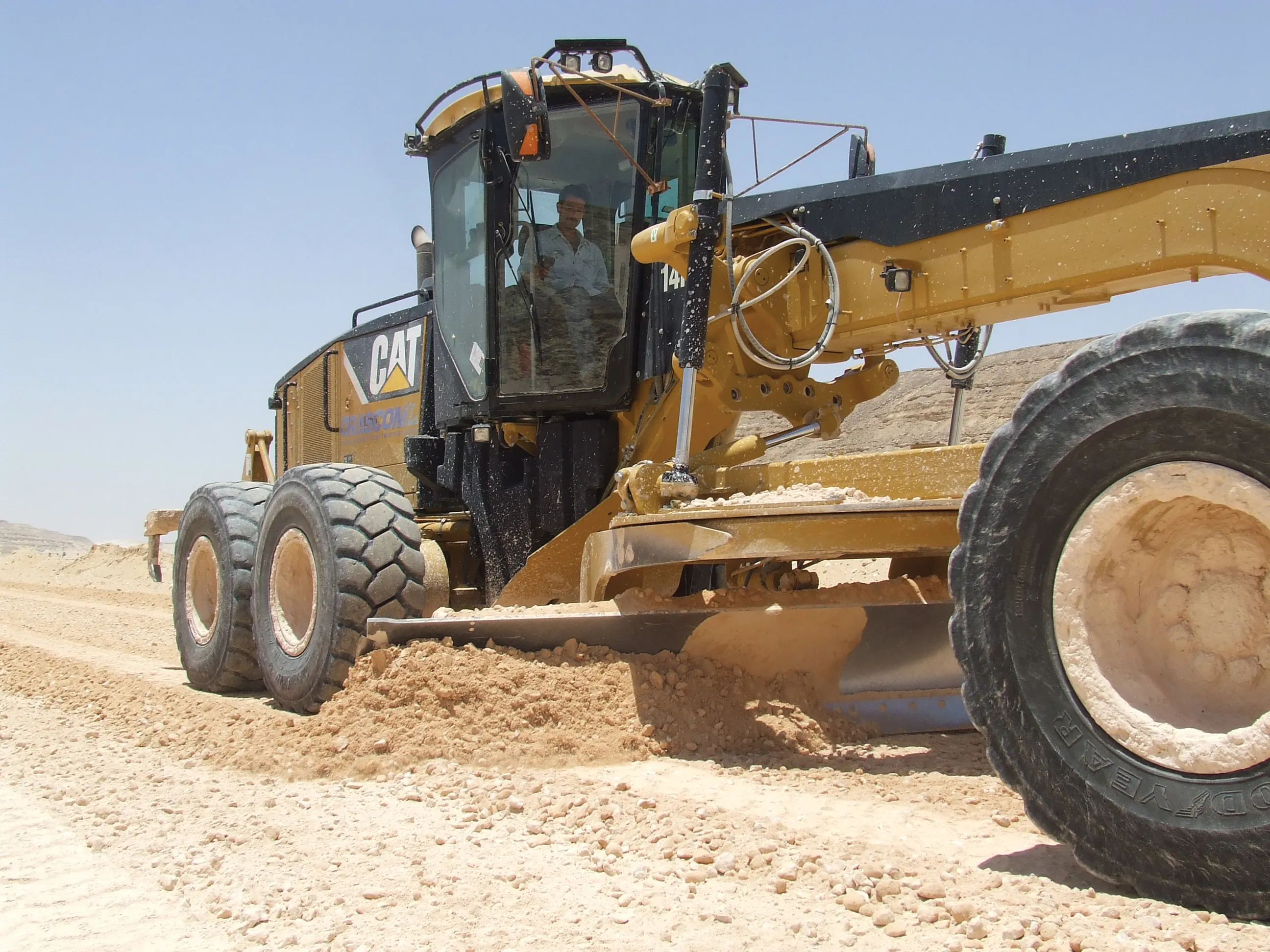Councillors in Zimbabwe’s capital Harare have approved final details of the council's joint venture agreement with South African company Neo Capital for major roads' maintenance and rehabilitation in the city.
A special purpose vehicle (SPV) named Harare Roads Development Company will be established between Neo Capital and Harare. Neo Capital will own 49% of the SPV, while the remaining 51% will belong to Harare.
The joint venture period is 30 years. A total of US$400 million will be provided by Neo Capit
March 13, 2014
Read time: 2 mins
Councillors in Zimbabwe’s capital Harare have approved final details of the council's joint venture agreement with South African company Neo Capital for major roads' maintenance and rehabilitation in the city.
A special purpose vehicle (SPV) named Harare Roads Development Company will be established between Neo Capital and Harare. Neo Capital will own 49% of the SPV, while the remaining 51% will belong to Harare.
The joint venture period is 30 years. A total of US$400 million will be provided by Neo Capital for the project. The company will raise financing for the project against a concession of 30 years at an annual repayment rate of $15 million.
The broader plan covers taxi, bus and light rail transport systems. Under phase II development, the e-TAG system that combines vehicle management systems such as a vehicle database, electronic monitoring and vehicle licence will be implemented. Harare has some 4,000km of tarred roads, with a significant proportion in a woeful condition because of the lack of maintenance.
A special purpose vehicle (SPV) named Harare Roads Development Company will be established between Neo Capital and Harare. Neo Capital will own 49% of the SPV, while the remaining 51% will belong to Harare.
The joint venture period is 30 years. A total of US$400 million will be provided by Neo Capital for the project. The company will raise financing for the project against a concession of 30 years at an annual repayment rate of $15 million.
The broader plan covers taxi, bus and light rail transport systems. Under phase II development, the e-TAG system that combines vehicle management systems such as a vehicle database, electronic monitoring and vehicle licence will be implemented. Harare has some 4,000km of tarred roads, with a significant proportion in a woeful condition because of the lack of maintenance.








